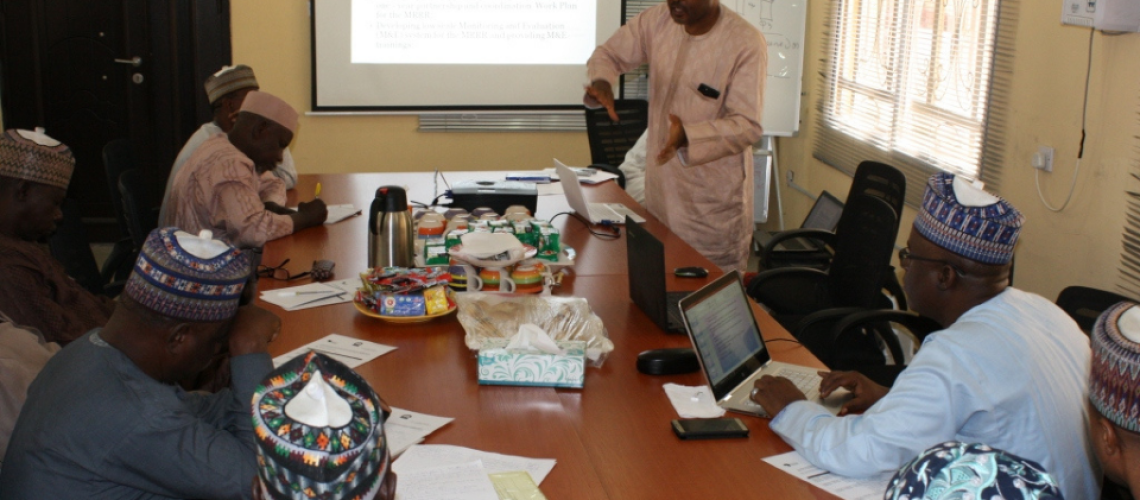The Center for Policy Research & Development Solutions (CPRDS) is proud to highlight a significant initiative that embodies our commitment to sustainable development and resilience in conflict-affected regions. Recently, CPRDS conducted a comprehensive program focused on providing technical assistance and capacity strengthening for the Borno State Ministry of Reconstruction, Rehabilitation, and Resettlement (MRRR).
Background
Borno State, located in northeastern Nigeria, has faced significant challenges due to prolonged conflict and insurgency. These challenges have left deep scars on the region’s infrastructure, economy, and social fabric. The Borno State Ministry of Reconstruction, Rehabilitation, and Resettlement (MRRR) plays a pivotal role in addressing these challenges, working to rebuild communities, rehabilitate infrastructure, and resettle displaced populations.
Recognizing the critical importance of enhancing the Ministry’s capacity to effectively carry out its mandate, CPRDS embarked on an initiative aimed at providing technical assistance and capacity-building support.
Objectives of the Initiative
The primary objectives of this initiative were to:
- Strengthen Institutional Capacity: Enhance the organizational capacity of the MRRR to plan, implement, and monitor reconstruction and rehabilitation projects.
- Enhance Technical Skills: Provide technical training to staff members on best practices in project management, data collection, and analysis.
- Promote Sustainable Practices: Introduce sustainable development principles and practices to ensure long-term resilience and recovery.
- Foster Collaboration: Encourage collaboration between the MRRR and other stakeholders, including international organizations, NGOs, and local communities.
Key Activities
1. Needs Assessment and Strategic Planning Workshop
The initiative began with a comprehensive needs assessment to identify the specific challenges and gaps within the MRRR. This was followed by a strategic planning workshop where CPRDS experts worked closely with Ministry officials to develop a tailored action plan. The workshop focused on setting clear goals, identifying priority areas, and outlining strategies for achieving these goals.
2. Technical Training Sessions
CPRDS organized a series of technical training sessions covering various aspects of project management, including:
- Project Planning and Design: Training on how to design and plan reconstruction projects, ensuring they meet the needs of the affected communities and adhere to sustainability principles.
- Data Collection and Analysis: Techniques for effective data collection, management, and analysis to inform decision-making processes.
- Monitoring and Evaluation (M&E): Best practices in monitoring and evaluating projects to ensure they are meeting their objectives and to identify areas for improvement.
3. Sustainable Development Workshops
To promote long-term resilience, CPRDS conducted workshops on sustainable development practices. These workshops covered topics such as:
- Eco-friendly Construction: Techniques for building infrastructure that is environmentally sustainable and resilient to future shocks.
- Community Involvement: Strategies for involving local communities in the reconstruction process to ensure their needs and preferences are met, and to foster a sense of ownership and responsibility.
4. Stakeholder Engagement Forums
Recognizing the importance of collaboration, CPRDS facilitated stakeholder engagement forums. These forums brought together representatives from international organizations, NGOs, and local communities to discuss ongoing projects, share best practices, and identify opportunities for collaboration

